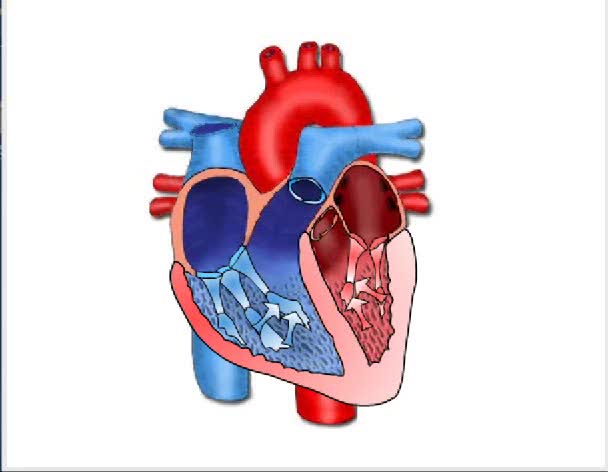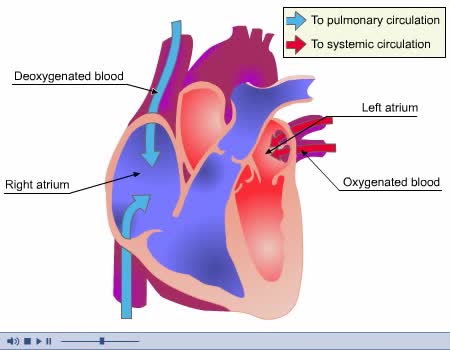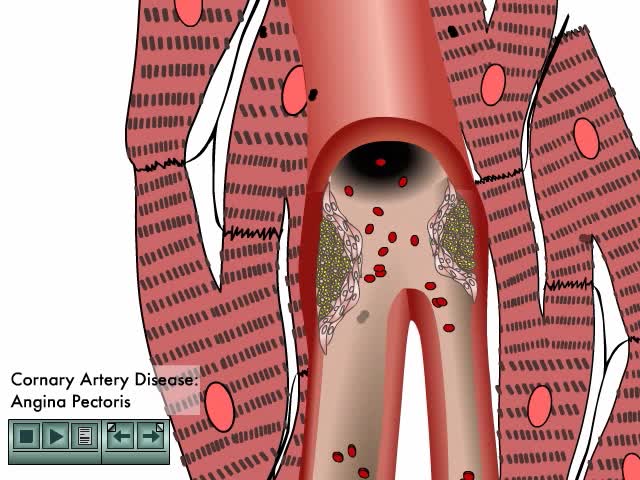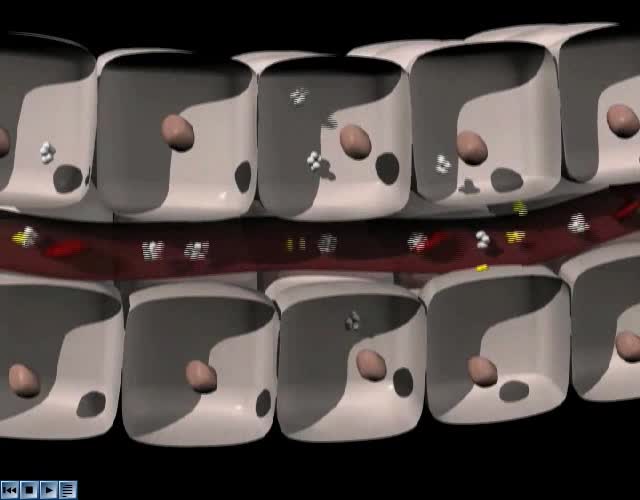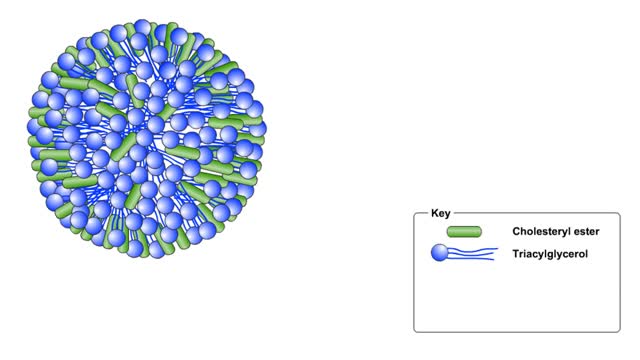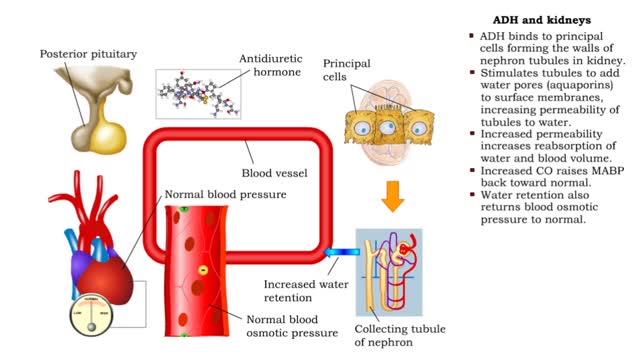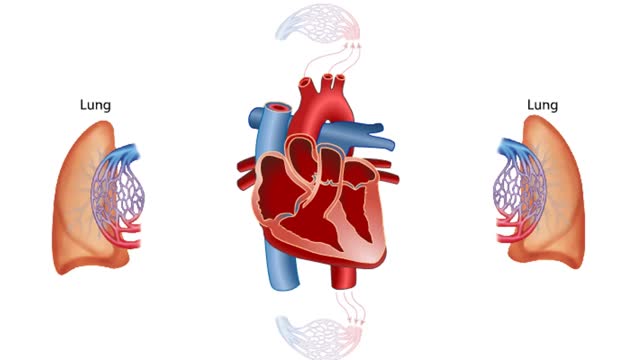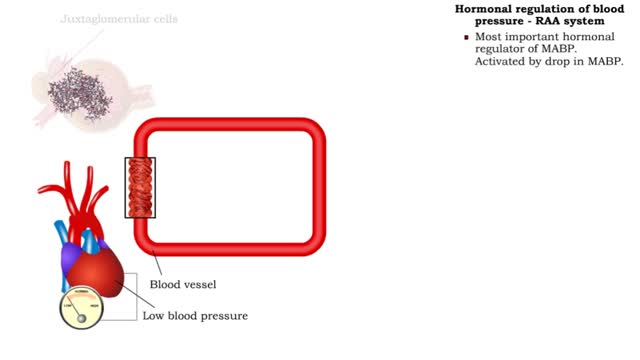Search Results
Results for: 'suspect's blood'
By: Administrator, Views: 13326
Hemodynamics is the dynamics of blood flow. The circulatory system is controlled by homeostatic mechanisms, such as hydraulic circuits are controlled by control systems. Hemodynamic response continuously monitors and adjusts to conditions in the body and its environment.
Coronary Heart Disease Animation
By: Administrator, Views: 13099
Arteriosclerotic heart disease occurs when arterial vessels are marked by thickening, hardening, and loss of elasticity in arterial walls. Course of cardiovascular disease accelerates due to: Reduced blood flow Rlevated blood lipids Defective endothelial repair
By: Administrator, Views: 13956
Hypoglycemia, also known as low blood sugar, is when blood sugar decreases to below normal levels. This may result in a variety of symptoms including clumsiness, trouble talking, confusion, loss of consciousness, seizures or death. A feeling of hunger, sweating, shakiness and weakness may also be...
What is Cholesterols? Introduction to Lipoproteins
By: HWC, Views: 8679
✔ https://HomeworkClinic.com ✔ https://Videos.HomeworkClinic.com ✔ Ask questions here: https://HomeworkClinic.com/Ask Follow us: ▶ Facebook: https://www.facebook.com/HomeworkClinic ▶ Review Us: https://trustpilot.com/review/homeworkclinic.com Cholesterol is a type of fat fo...
ADH and the arterioles, kidneys, sweat glands and the Atrial natriuretic peptide (ANP)
By: HWC, Views: 9800
• ADH is also known as vasopressin. • Produced by hypothalmus and secreted by neurosecretory cells in posterior pituitary gland. • Responds to high blood osmotic pressure representing low amounts of water in the blood. • Binds to smooth muscle cells in walls of arterioles, stimulate...
Blood Flow through the Human Heart
By: HWC, Views: 9498
The heart is the pump of the human circulatory system. The left side of the heart has two connected chambers, the left atrium and the left ventricle. The right side of the heart also has two connected chambers, the right atrium and the right ventricle. These two sides, or pumps, of the heart are ...
By: Administrator, Views: 13004
A heart attack occurs when an artery supplying your heart with blood and oxygen becomes blocked. Fatty deposits build up over time, forming plaques in your heart's arteries. If a plaque ruptures, a blood clot can form and block your arteries, causing a heart attack.
Hormonal regulation of blood pressure - RAA system
By: HWC, Views: 10197
■ Long-term regulation of MABP is under hormonal control. • Hormones that affect blood pressure and volume: the renin-angiotensin-aldosterone (RAA) system, antidiuretic hormone (ADM), and atrial natriuretic peptide (ANP). ■ Most important hormonal regulator of MABP. Activated by drop in...
Advertisement



